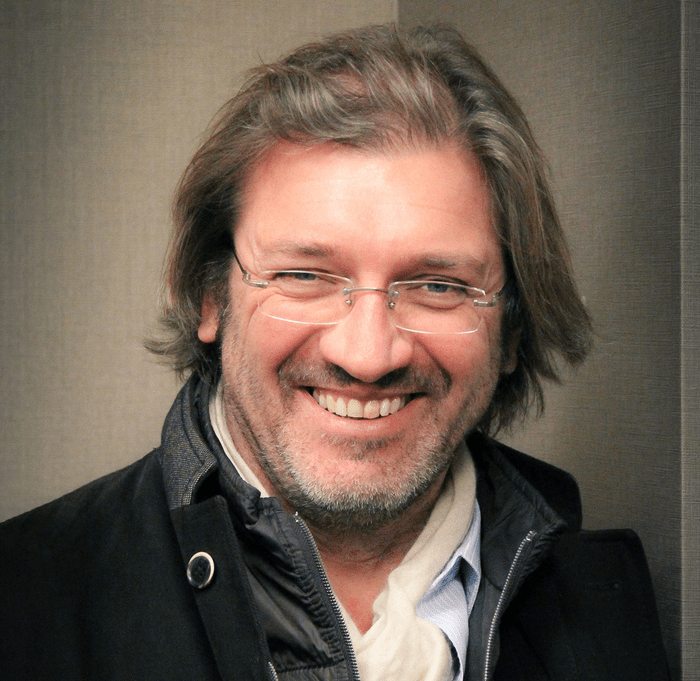In the current edition of The Lancet Neurology, researchers of the Human Brain Project (HBP) present the novel clinical uses of advanced brain modelling methods. Computational brain modelling techniques that integrate the measured data of a patient have been developed by researchers at AMU Marseille as part of the HBP. The models can be used as predictive tools to virtually test clinical hypotheses and strategies.
To create personalised brain models, the researchers use a simulation technology called The Virtual Brain (TVB), which HBP scientist Viktor Jirsa has developed together with collaborators. For each patient, the computational models are created from data of the individually measured anatomy, structural connectivity and brain dynamics.
The approach has been first applied in epilepsy, and a major clinical trial is currently ongoing. The TVB technology enables clinicians to simulate the spread of abnormal activity during epileptic seizures in a patient’s brain, helping them to better identify the target areas. In January, the team had presented the detailed methodology of the epilepsy work on the cover of Science Translational Medicine (Link press release).
In the new paper, the researchers expand on the concept and its potential applications in neuroscience. Their article in The Lancet Neurology describes how personalised computer models of a patient’s brain have broad applicability beyond epilepsy. The authors make the case that the true potential of personalised virtual brain models in neuroscience, medicine and neurotechnology remains to be further explored.
The authors envision that future advances in brain modelling will open a path to “digital twins” approaches in brain medicine. A “digital twin” is a type of personalised computational brain model that can be constantly updated with measured real-world data obtained from its real-life counterpart, i.e., the patient. While not aimed at being an exact replica, increasing sophistication of these models is expected to further enhance their predictive power, bringing new clinical and research applications into reach.
The authors expect improvements along two main lines: high-resolution of the data and patient specificity. The integration of these factors is made possible within the HBP, through the use of modelling software, computing power, brain atlases and datasets provided on the digital research infrastructure EBRAINS.
Viktor Jirsa leads the research area on the “multiscale brain connectome” within the HBP. From March 28-31, he will host the final Summit of the project in Marseille, France.
Journal
The Lancet Neurology
DOI
10.1016/S1474-4422(23)00008-X
Article Title
Personalized virtual brain models in epilepsy.
Article Publication Date
24-Mar-2023
















